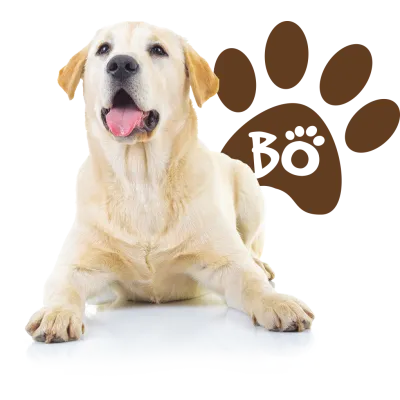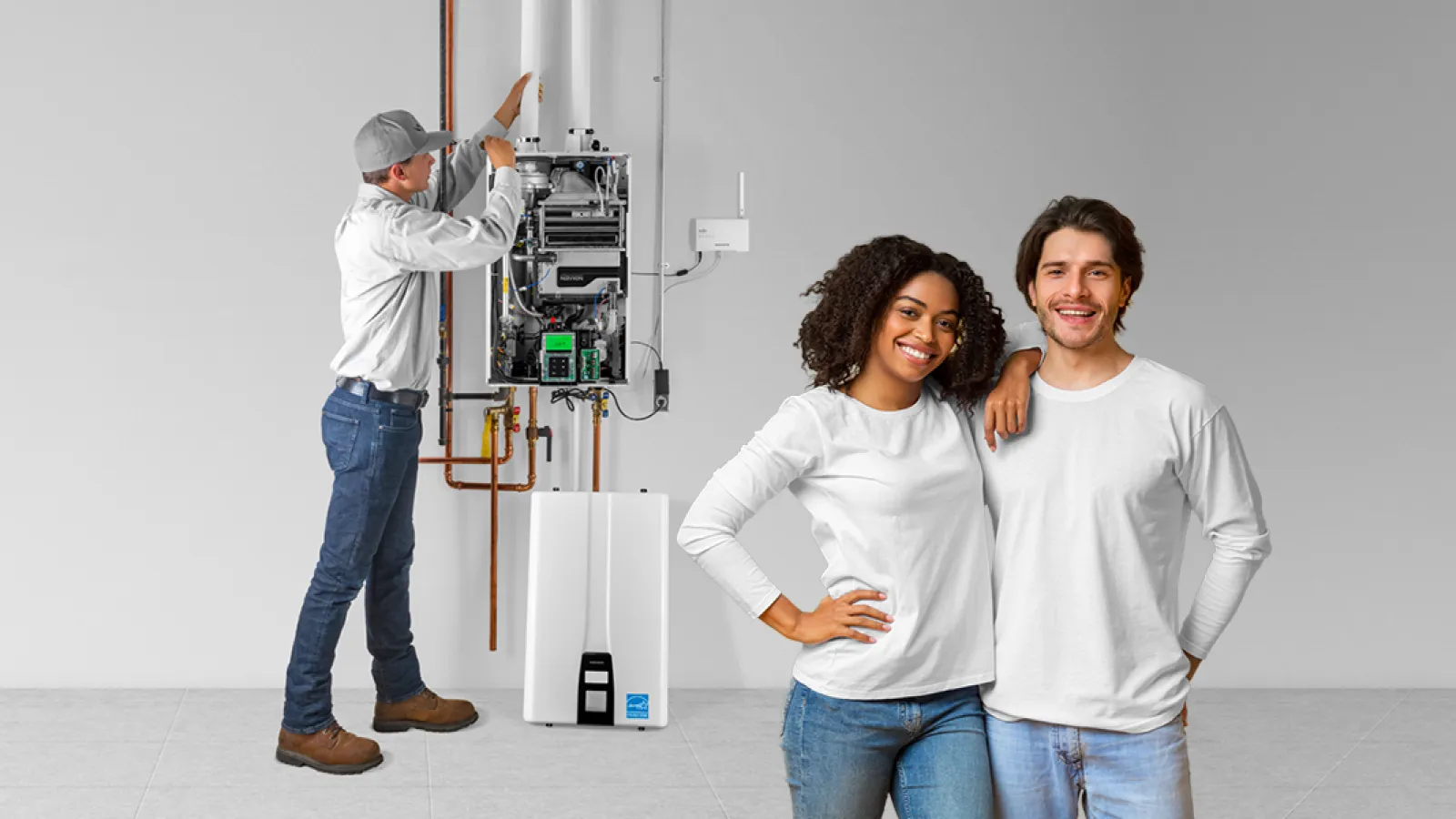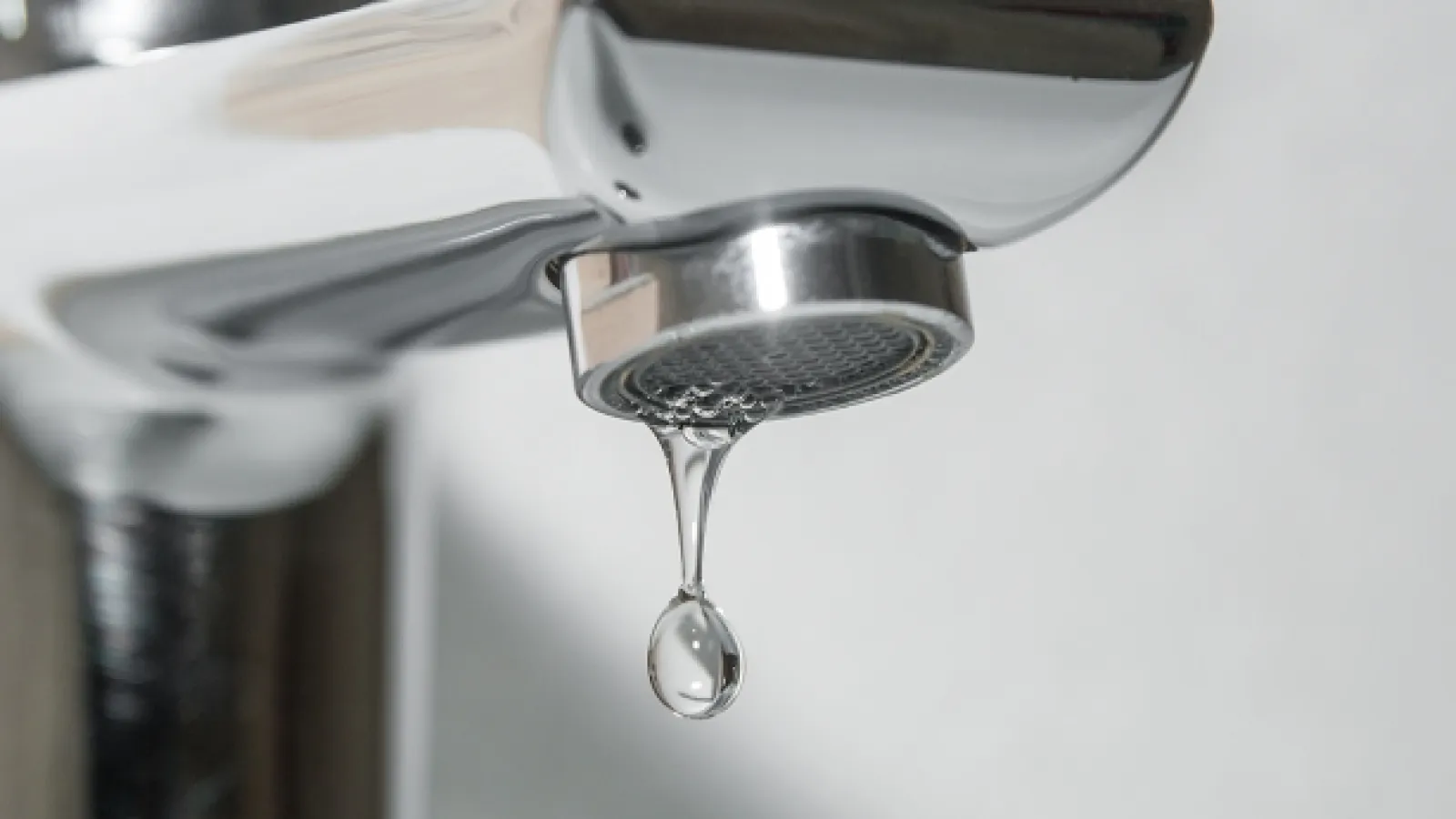Drain clogs and sluggish drainage aren't just inconvenient - they can also cause damage to your plumbing system. What we put into our drains matters, and it's important to know what's ok to rinse away as well as what should always be thrown in the trash can. Estes Services helps Atlanta homeowners avoid accidental drainage issues with this refresher on what you shouldn't put down the drain.
1. Produce Stickers
Many people don't give much thought to tiny produce stickers, but they are definitely on the list of what you shouldn't put down the drain. If you're in a rush, it's easy to forget to remove the plastic stickers from your fresh produce before placing them in the sink for cleaning. When left on the items, produce stickers often fall off fruits and vegetables as they are being washed.
Down in your drain lines, the stickers can clump up or there may be bits of plastic and an adhesive coating on the sticker pieces that aren't water-soluble, so they stay behind in the pipes instead of being flushed through the drain with wastewater. Avoid clogs caused by these tiny stickers when you make it a point to remove them from your produce before you place your fresh items in the sink to be cleaned.
2. Expandable Foods
Pasta and rice are two staple pantry items on the list of what you shouldn't put down the drain. These popular foods can cause a big problem if you accidentally allow them through your garbage disposal or kitchen sink drain when cleaning up after a meal.
These foods absorb water, even when they've already been fully cooked. As they get bigger inside your drain lines, they're more likely to become stuck and contribute to a clog. Pasta is also quite sticky, so it can easily attach to the walls of your pipes and restrict drainage through the line.
3. Coffee Grounds
If you ask a plumber what you shouldn't put down the drain, coffee grounds are likely at the top of his or her list. When it comes to clogs in the drainpipes of kitchen sinks, coffee grounds are one of the top causes.
Why are coffee grounds so problematic for drains? Many people see how small they are and think they could never cause a problem in the pipes. Don't let their size fool you - coffee grounds don't dissolve when in water, and these small particles are notorious for clumping up inside the drain as well as sticking to any fats or oils that have built up along the inner walls of your drain lines.
Coffee beans should also be mentioned in respect to what you shouldn't put down the drain. They don't break down, and these large pieces will pile up inside the pipe. Combined with the other buildup lining the drain, coffee beans can contribute to a significant clog.
4. Eggshells
Eggshells are so delicate that many people assume they will have no problem rinsing down a drain. However, that isn't the case. The fine bits that result after eggshells are processed through garbage disposal easily get caught up on the greasy, oily, fatty sludge that may already line the pipe. Adding the grittiness of the eggshells to that mess, the buildup can become quite thick and start to restrict drainage or completely clog drains.
These are twice as hazardous to your drains since there is a hard outer shell and a second membranous layer on the inside. These membranes commonly become wrapped around the impellers of garbage disposals, which can cause big problems with the appliance.
5. Flour
When flour is mixed with water, it produces a glue-type substance. This mess is what you shouldn't put down the drain as it sticks to the sides of pipes and catches other pieces of the material moving through the drain. The tacky material created when flour mixes with water can also gum up your garbage disposal, causing it to clog as well. Instead of rinsing small amounts of flour off plates and dishes in the sink, sweep all flour off into a trashcan to keep your sink, drains, and garbage disposal safe.
6. Grease, Oil, and Fat
Greases, fats, and oils are the leading cause of drain clogs. While they easily wash down the drain in liquid form while hot, these materials solidify once they cool. This can happen rapidly if greases, fats, or oils come into contact with cold water, causing a complete drain blockage in a short period of time. Even smaller amounts cool and stick to the inside of your sewer pipes. They restrict the pipe from within and are great at capturing other unsafe materials as they move through the drains to form some really gnarly buildup and excessive blockages in your pipes.
7. "Flushable" Products
There are many different products on the market today that claim to be flushable for convenience, including personal wipes, cat litter, and more. While these products claim to be safe, they shouldn't be put down the drain. Regardless of whether a product says it is flushable or not, there is still the chance it will clog your drains. Many of these products don't break down as well as they claim to, which means a large piece of material is moving through your drain, and it's likely to cause a clog due to its size.
8. Medications
Medications aren't on the list of what you shouldn't put down the drain because of clog risks like the other materials. Medications have a chance of entering the environment again since your local wastewater treatment plant can't always remove them all. The medication can cycle back into common tap water and pollute other people's drinking water.
While people were advised to flush unused medications in the past, this is no longer considered the right way to dispose of tablets, liquids, and other drugs. Instead, they should be taken to a safe collection drop-off or disposed of in your trash at home.
9. Cleaning Products and
Paint
A clog risk isn't the reason why these materials are on the list of what you shouldn't put down the drain. Instead, paints and cleaning chemicals, as well as other harmful chemicals, can pollute the environment and the water supply. Due to the toxins, they may contain, some municipalities require paints and cleaners to be disposed of at hazardous waste facilities.
10. Personal Products
Personal products like paper towels, feminine hygiene products, and cotton balls shouldn't be flushed down the drain. These items should be disposed of properly in the trash can and not rinsed or flushed down a drain. They are bulky and do not dissolve in water, increasing the risk of a clog forming.
Drain Cleaning in Atlanta,
GA
Don't get caught with a clogged drain. Dispose of what you shouldn't put down the drain in your regular household trash! If you do experience slow drainage or a drain clog, call Estes Services today to schedule service.



